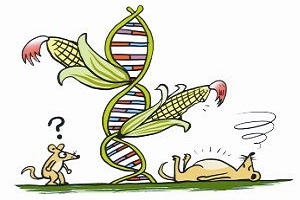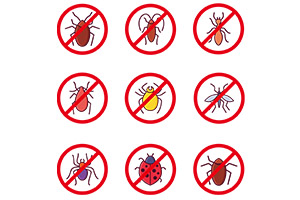News
News
-

Fipronil, what pests can it treat?
Fipronil is an insecticide that mainly kills pests by stomach poisoning, and has both contact and certain systemic properties. It can not only control the occurrence of pests by foliar spraying, but also can be applied to the soil to control the underground pests, and the control effect of fipron...Read more -

What pests can pyriproxyfen prevent?
High-purity pyriproxyfen is a crystal. Most of the pyriproxyfen we buy in daily life is liquid. The liquid is diluted with pyriproxyfen, which is more conducive to agricultural use. Many people know about pyriproxyfen because of this. It is a very good insecticide, it mainly affects the transfo...Read more -

Tilmicosin is almost the same in raw materials, how to distinguish the difference between them?
Pig respiratory disease has always been a complex disease that plagues pig farm owners. The etiology is complex, the pathogens are diverse, the prevalence is wide, and prevention and control are difficult, which brings great losses to pig farms. In recent years, pig farm respiratory diseases ofte...Read more -

How to operate to make glyphosate weed completely?
Glyphosate is the most used biocidal herbicide. In many cases, due to improper operation by the user, the herbicidal ability of glyphosate will be greatly reduced, and the quality of the product will be considered unsatisfactory. Glyphosate is sprayed on the leaves of plants, and its principle of...Read more -

What is the “moth”? Fast breeding, difficult to prevent.
The grassland greedy moth belongs to a lepidoptera, which is originally distributed in the Americas. It is mainly caused by corn, rice and other grascomb. It is currently invading my country, and there is a spread area, and the grassland greedy moth is very strong, and the food is large. And the ...Read more -

Chlorfenapyr can kill a lot of insects!
In this season of each year, a large number of pests break out (army bug, Spodoptera littoralis, Spodoptera litura, Spodoptera frugiperda, etc.), causing serious damage to crops. As a broad-spectrum insecticidal agent, chlorfenapyr has a good control effect on these pests. 1. Characteristics of c...Read more -

Beauveria bassiana has great potential for market development in my country
Beauveria bassiana belongs to the family Alternaria and can be parasitic on more than 60 kinds of insects. It is one of the insecticidal fungi that is widely used at home and abroad for biological control of pests, and it is also considered to be an entomopathogen with the most development potent...Read more -

Weather factors for the effectiveness of Ethephon
The release of ethylene from ethephon solution is not only closely related to pH value, but also related to external environmental conditions such as temperature, light, humidity, etc., so be sure to pay attention to this problem in use. (1) Temperature problem The decomposition of ethephon incre...Read more -

Do you really use abamectin, beta-cypermethrin, and emamectin correctly?
Abamectin, beta-cypermethrin, and emamectin are the most commonly used pesticides in our cultivation, but do you really understand their real properties? 1、Abamectin Abamectin is an old pesticide. It has been on the market for more than 30 years. Why is it still prosperous now? 1. Insecticid...Read more -

Genetically modified insect-resistant crops will kill insects if they eat them. Will it affect people?
Why are genetically modified insect-resistant crops resistant to insects? This starts with the discovery of the “insect-resistant protein gene”. More than 100 years ago, in a mill in the small town of Thuringia, Germany, scientists discovered a bacterium with insecticidal functions ...Read more -

Effects and uses of Bifenthrin
It is reported that bifenthrin has contact and stomach poisoning effects, and has a long lasting effect. It can control underground pests such as grubs, cockroaches, golden needle insects, aphids, cabbage worms, greenhouse whiteflies, red spiders, tea yellow mites and other vegetable pests and te...Read more -

Discussion on the prevention of fruit cracking by the combination of gibberellic acid and surfactant
Gibberellin is a kind of tetracyclic diterpene plant hormone, and its basic structure is 20 carbon gibberelline. Gibberellin, as a common high-efficiency and broad-spectrum plant growth regulating hormone, plays an important role in regulating the growth of plant buds, leaves, flowers and frui...Read more



